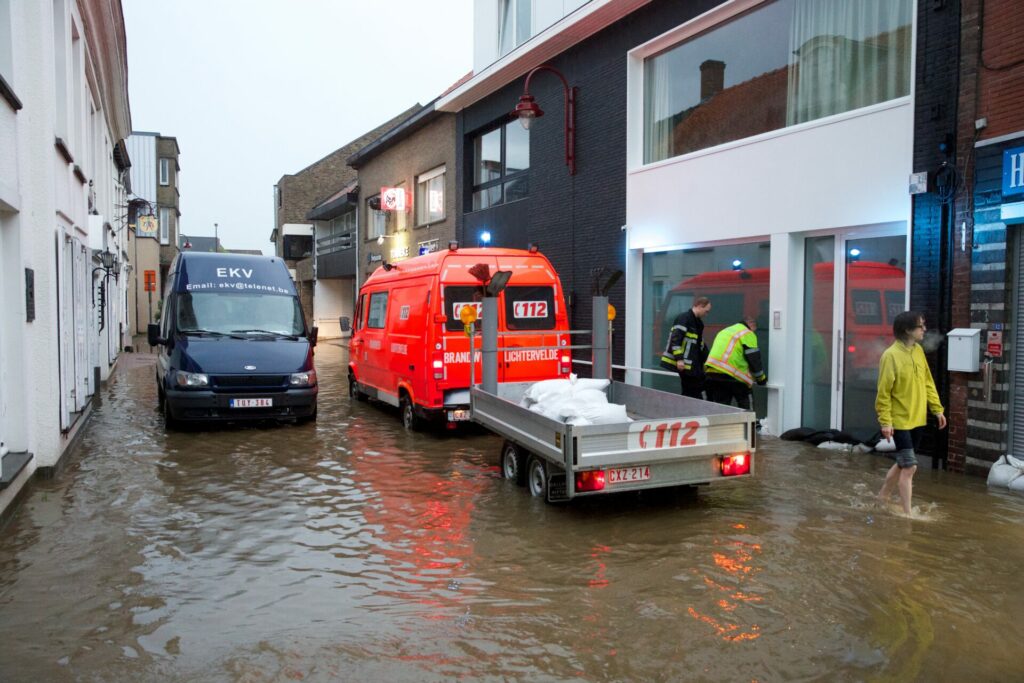Belgium has made some progress since last year but remains at the bottom of a ‘climate performance’ ranking drawn up by environmental NGOs to coincide with the 29th United Nations Climate Change Conference (COP29) in Baku, Azerbaijan.
The Climate Change Performance Index (CCPI) has been published every year since 2005, on the fringes of UN conferences on climate change, by the NGOs Germanwatch, the NewClimate Institute and the Climate Action Network. It is compiled with the help of around 450 energy and climate experts, many of whom are members of environmental NGOs.
The tool, which claims to be independent, analyses the policies of around sixty countries and the European Union, which account for more than 90% of global greenhouse gas emissions.
Belgium ranked 35th out of 67 countries assessed
It uses around 15 criteria divided into four categories: greenhouse gas emissions, use of renewable energies, energy efficiency and climate policy. The 2025 version of the CCPI is based on data from 2023.
Despite moving up four places in one year to 35th place this year, Belgium has been given a general ‘low’ rating for a result that, in the final analysis, is not deemed to be in line with the objectives of the Paris climate agreement, i.e. to keep global warming well below +2°C and to do everything possible to contain it to +1.5°C.
Belgium received an ‘average’ score for greenhouse gas emissions, a ‘low’ score for renewable energies (around 25% of the energy mix by 2023) and climate policy, and a ‘very low’ score for energy consumption.
Experts call for a more ambitious national energy and climate plan
The experts who analysed Belgium's performance - who wished to remain anonymous - call for ‘a more ambitious National Energy and Climate Plan (NECP) in line with the European objectives of carbon neutrality.’
They also suggest that Belgium adopt an adaptation plan that ensures flood protection, water management and the resilience of urban centres.
As usual, the first three places in the CCPI are left vacant, as none of the countries analysed is pursuing a climate policy that the authors of the comparative report consider sufficiently ambitious in terms of the objective of limiting global warming to +1.5°C.
Fourth place, which recognises the most deserving country in the ranking, goes to Denmark for the fourth year running, ahead of the Netherlands and the United Kingdom, which has jumped 14 places in one year.
USA ranked 57th
The European Union as a whole is ranked 17th (-1). India ranks 10th in the CCPI (-3), Germany 16th (-2) and France 25th (+12).
The last two places in the index are once again occupied by Saudi Arabia (66th) and Iran (67th), which have swapped positions in the rankings this year. The United Arab Emirates, which hosted last year's COP28 in Dubai, remains in 65th place.
Azerbaijan, which currently chairs COP29 in Baku, is not included in the rankings.
The world's two biggest emitters of greenhouse gases, China and the United States, are ranked 55th (-4) and 57th (=) respectively.

